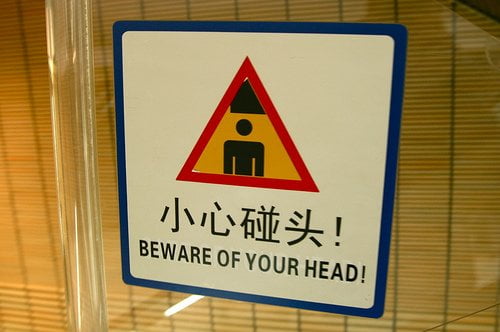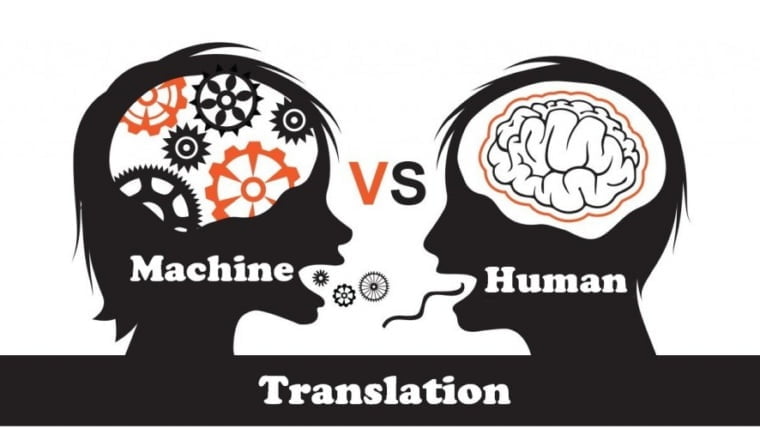As our world becomes increasingly globalised, there is a greater demand for translation services. Where machines and technology are speeding up practically every aspect of our lives, the expectation is that the same can be done for translation. But where we would trust a machine to make a coffee or do calculations for us faster and better than a person might, there are other things we don’t necessarily like leaving entirely in the hands of the machines. Is translation one of them?
The benefits of machine use in the field of translation are innumerable. While paper dictionaries still serve a purpose, it is usually their online counterparts that take precedence. Online encyclopaedias also prove incredibly valuable, along with translation technology, of course. However, these are technologies that are still manipulated by humans at the end of the day. It is possible to translate by machine alone, Google Translate being the most well-known tool. This is an extremely time-effective way of translating, and speed of translation is of course a major consideration in the global market.
And yet, considering the advances in translation technology, if humans were to become obsolete in the translation process why hasn’t it already happened? The answer could lie in the fact that we humans do not feel comfortable putting our faith in entirely machine-based processes and products. Purely machine-produced translation, self-driving cars, pilotless planes… While all exciting advances in technology, the lack of human control can inspire fear and mistrust. However, inserting a human element, a driver, a pilot, a translator, makes us believe that the process will be safer and the product or outcome better all around.
There is a place for both types of translation in the language services marketplace. While human translators will never be able to translate at the same speed of machines, machines will never be able to replicate communicative elements such as nuance and tone. Furthermore, while there remains an innate need in clients to see a human hand overseeing translation processes and products, the machines will never take over language services provision completely.

